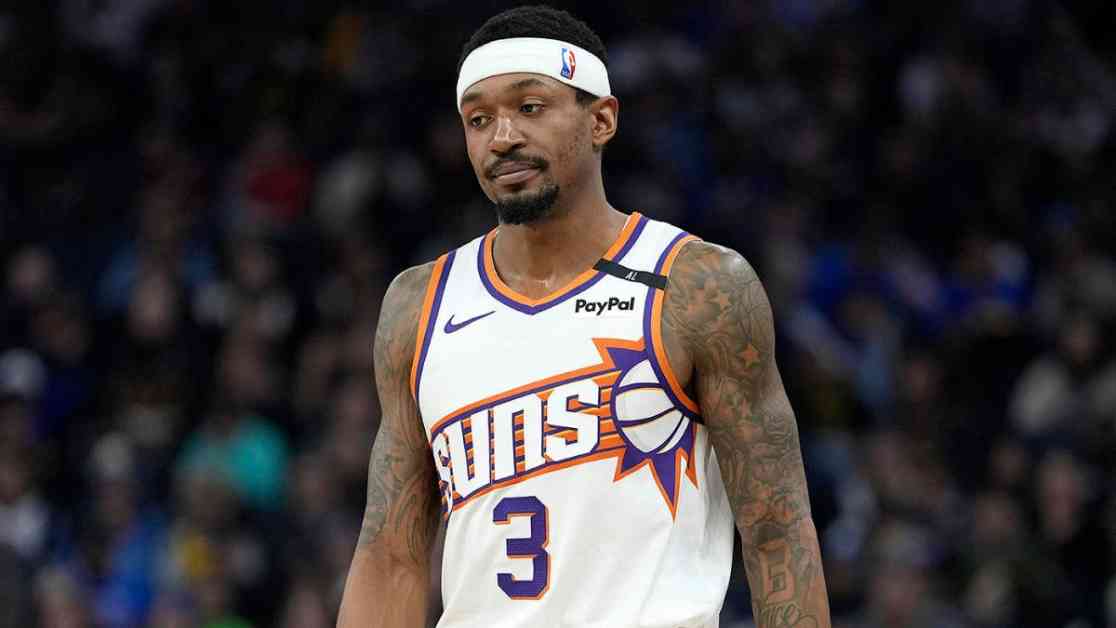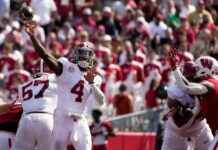The NBA trade deadline this year was a whirlwind of activity, with a record-breaking 63 players changing teams in the days leading up to Thursday. Among the flurry of deals, one player stood out for staying put: Bradley Beal. The Phoenix Suns were reportedly eager to trade Beal for Jimmy Butler, but various complications, including salary constraints and Beal’s no-trade clause, made negotiations challenging.
The Phoenix Suns found themselves in a tough spot after missing out on Butler, who ultimately landed with the Golden State Warriors. As the dust settled, it became clear that the Suns had limited options when it came to potentially trading Beal. According to reports from ESPN’s Ramona Shelburne and Brian Windhorst, only two teams were willing to consider taking on Beal’s contract: the Washington Wizards and the Atlanta Hawks.
Despite the slim chances of a deal, the Suns remained hopeful that they could entice the Wizards or Hawks to participate in a trade involving Beal. However, the situation was complicated by Beal’s no-trade clause, which meant he had the final say in any potential move. The Wizards, in particular, emerged as a key player in this scenario, as they were open to acquiring bad contracts in exchange for future assets.
Bradley Beal, the third overall pick in the 2012 NBA Draft, had spent the first 11 seasons of his career with the Wizards before being traded to the Suns in a blockbuster deal in 2023. The trade, which also involved Chris Paul and multiple first-round picks, was a significant move for both teams. However, Beal’s performance in Phoenix has not lived up to expectations, contributing to the Suns’ current struggles.
The Wizards’ willingness to take on contracts like Khris Middleton, Marcus Smart, Reggie Jackson, and Alex Len in exchange for future assets demonstrates their commitment to building for the future. In a series of moves, the Wizards acquired multiple players and draft picks, positioning themselves for a potential rebuild.
While the Suns explored various trade options involving Beal, ultimately, no deal materialized. The complexities of salary cap restrictions, player preferences, and team needs all played a role in the negotiations. For Beal, the uncertainty of potentially returning to the Wizards, his former team, added an intriguing layer to the trade discussions.
In the fast-paced world of NBA trades, deals can fall through for a multitude of reasons. The Beal trade saga serves as a reminder of the intricate dance that teams must navigate when trying to make deals that benefit all parties involved. The interplay of player contracts, team needs, and future assets creates a dynamic landscape where nothing is certain until the ink is dry on the final trade agreement.
As the NBA season continues and teams gear up for the playoffs, the trade deadline serves as a pivotal moment for shaping the league’s landscape. While some deals may not come to fruition, the speculation and excitement surrounding potential trades add an extra layer of intrigue to the already thrilling world of professional basketball.












